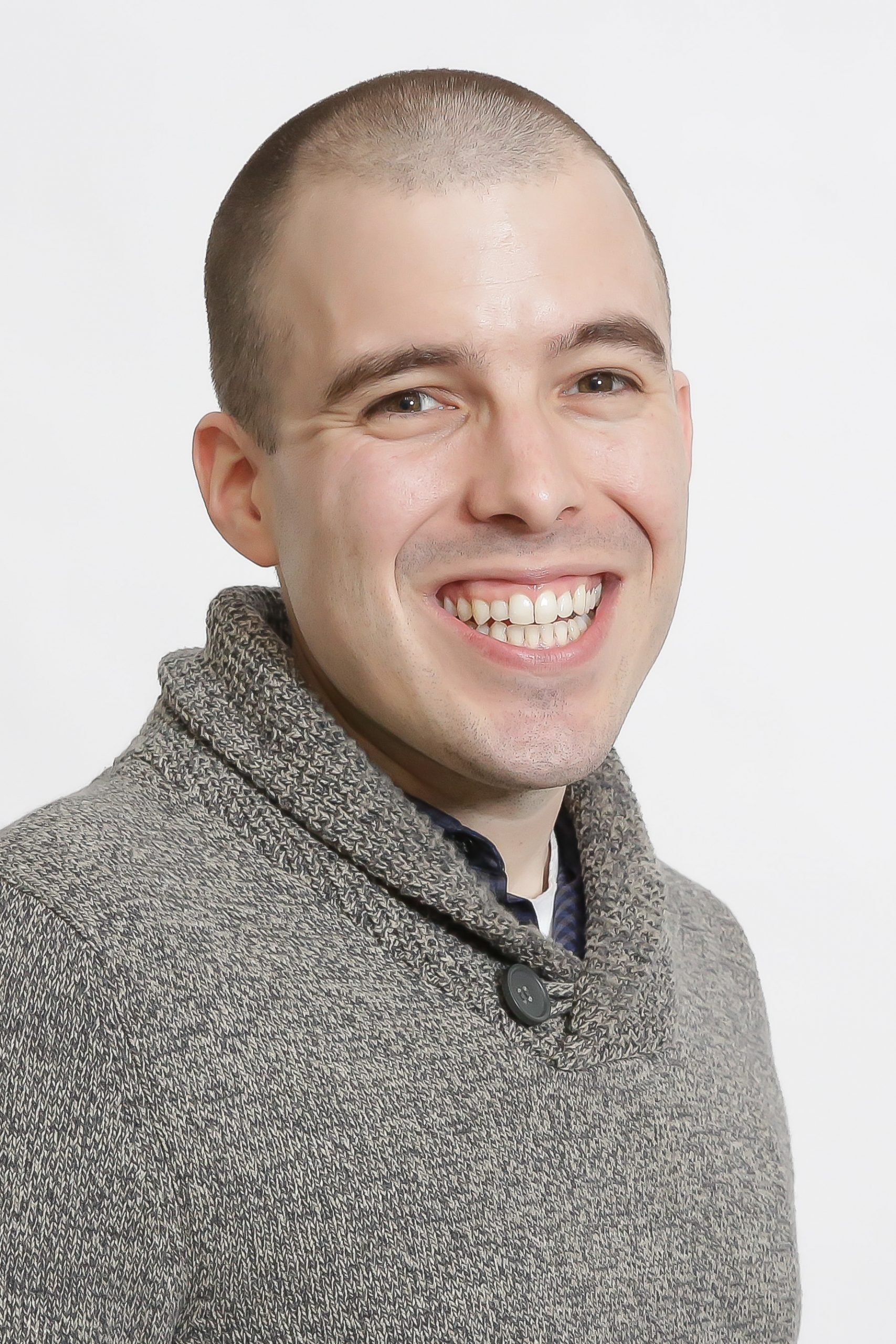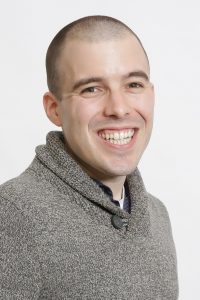
Current EPS Members: please check your email to access the voting ballot. The “Profile for EPS Executive Committee Members” is listed below for your reference.
Vice President Nominee: Vote for 1
Paul Franks is Associate Professor of Philosophy and Vice President Academic/Dean of Undergraduate Studies at Tyndale University in Toronto (Canada). He is a graduate of Southwestern Assemblies of God University (Biblical Studies), Talbot School of Theology (MA, Philosophy of Religion and Ethics) and the University of Oklahoma (PhD, Philosophy). In 2019 he published, Explaining Evil: Four Views with Bloomsbury Academic and has published several related articles in various journals focusing on the philosophy of religion. He is a long-time member of the EPS and has served on the EPS Executive Committee since 2016.
Executive Committee Nominees: Vote for up to 3
Matthew Flummer is Professor of Philosophy at Porterville College. Matthew has a PhD in philosophy from Florida State University. Prior to that, he earned an MA in philosophy from the University of Missouri-St. Louis and an MDiv with a specialization in Christian Thought from New Orleans Baptist Theological Seminary. His research primarily focuses on free will, moral responsibility, and the philosophy of religion and has appeared in various academic journals. He is also the cohost, with Taylor Cyr, of the podcast The Free Will Show. A book based on the podcast is forthcoming with OUP. Matthew lives with his wife and kids in central California. Website: https://matthewflummer.weebly.com/about.html
Julie Miller earned a PhD in Humanities with a concentration in Philosophy from Faulkner University’s Great Books Honors College. She has an MA in Christian Apologetics from Biola University. Julie has served as chapter director with Ratio Christi for eleven years, first at Rutgers University and now at Texas A&M University and is the Area Ministry Director for central Texas. She is a Founding Council member and treasurer of the Society for Women of Letters. Julie is the author of Critiquing Transhumanism: The Human Cost of Pursuing Techno-Utopia. She lives in College Station, Texas with her husband of 37 years. They have two married sons and three grandchildren. Website: https://societyforwomenofletters.com/leadership/
Dolores Morris is an associate professor of instruction in the philosophy department at the USF in Tampa, Florida. She received her PhD in Philosophy from the University of Notre Dame in 2010, where she wrote her dissertation on the metaphysics of mind under Alvin Plantinga. Dolores is also deeply invested in bridging the gap between Christian philosophy and the church. To that end, her first book, Believing Philosophy: Becoming a Christian Philosopher was released by Zondervan Academic in 2021, with accompanying video lectures released in October of 2022. She currently serves on the executive committee for the Society of Christian Philosophers. Website: https://www.doloresgmorris.com
J. T. Turner is Assistant Professor of Philosophy at Anderson University (SC). He holds degrees in philosophy and theology from Liberty University, Erskine College and Seminary, and the University of Edinburgh (his Ph.D.).He is the author of one monograph (with Routledge Press) on the metaphysics of resurrection and is a co-editor, with James Arcadi, of theT&T Clark Handbook of Analytic Theology. With Tom McCall and Jordan Wessling, he is a series editor for the Routledge Studies in Analytic and Systematic Theology monograph series. He has too many hobbies, mostly involving sports and table-top wargaming. He and his wife, Bethany, have one son, James, and a West Highland Terrier named “Theo.” Website: https://andersonuniversity.edu/academics/christian-studies/faculty/james-t-turner-jr-jt
PROFILE FOR EPS EXECUTIVE COMMITTEE MEMBERS
The Evangelical Philosophical Society is deeply committed to sustaining a unique identity in its endeavor to serve both the academy and the church. Because EPS seeks to fulfill this service as a means towards its ultimate end of bringing glory to the Triune God and spreading the Kingdom of God, it is important that the intellectual commitments and spiritual texture of the EPS are honoring to God. Therefore, members of the EPS Executive Committee should fit a certain profile by living a life that exemplifies the following four values.
First, an Executive Committee member should value excellence in philosophy. He or she should exhibit a life of philosophical growth, a commitment to the discipline, and a desire to serve the field of philosophy both because it is intrinsically good to do so and for the honor of Jesus Christ.
Second, an Executive Committee member should exhibit a real sense of faithfulness to the teachings of the inerrant Word of God, along with an eagerness to identify with the Evangelical community. The EPS is an Evangelical society and it should manifest a desire to be loyal to and defend the views of that community unless, of course, that loyalty or those views are suspect for some reason or another. Evangelical brothers and sisters who are not philosophers should have a sense that the Executive Committee member is one of them and happy to be their representative in the academic community.
Third, an Executive Committee member should live life with a spiritual texture. He or she should not be pugnacious, arrogant, or self-absorbed. Instead, an Executive Committee member should have the texture of servant. He or she should be seeking to live a holy life and to have a solid Christian family where that is applicable. He or she should be the sort of person that others recognize as having a genuine, vibrant spiritual life of devotion to the Lord Jesus.
Finally, an Executive Committee member should be strongly committed to being an activist for the cause of Christ. This commitment should be seen in the member’s desire to do his or her work in order to promote a Christian world view in the world and the church, strengthen the faith of believers, and help to fulfill the Great Commission. At a practical level, this means that Executive Committee members must commit to serving on at least one sub-committee which addresses the operational needs (e.g. donor relations, increased membership, marketing, web-content, public image, etc.) or future aspirations (international chapters, national outposts, etc.) of the Evangelical Philosophical Society. Strong candidates should possess the talents and willingness to serve the Executive Committee through the work of its sub-committees. All members and candidates for membership of the Executive Committee must be full, current members of the Evangelical Philosophical Society.










